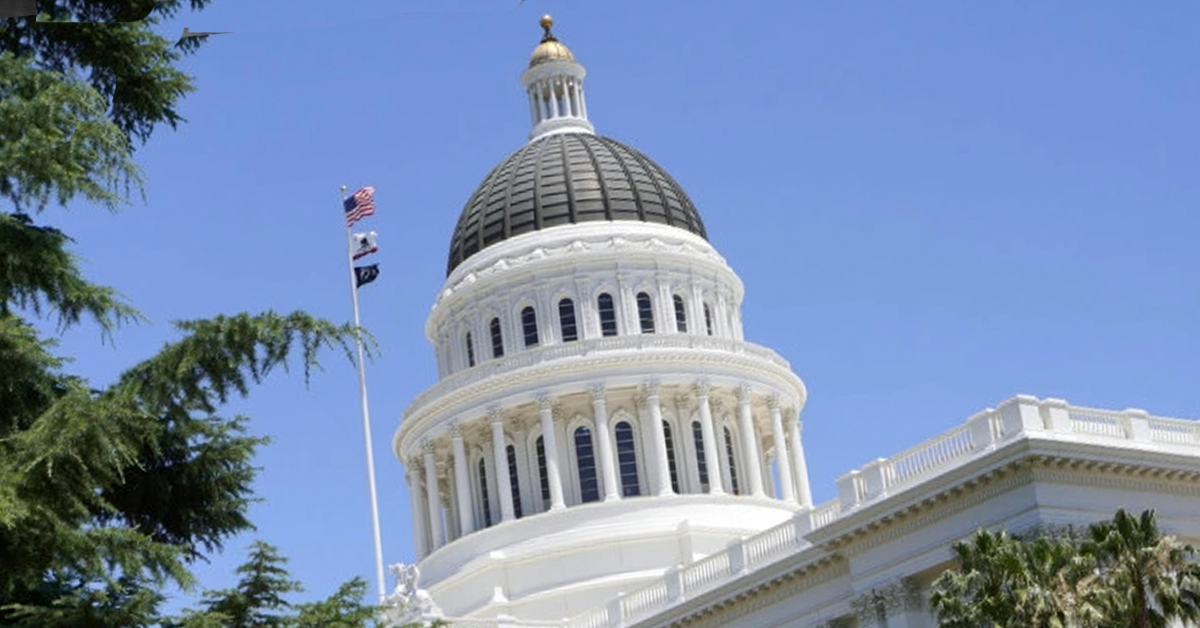The California Senate has approved a bipartisan package of 15 bills aimed at addressing the surge in organized crime, particularly related to the reselling of stolen property and auto theft.
The measures also encompass the expansion of drug court programs.
The big picture: One of the proposed bills calls for large online marketplaces such as eBay and Amazon to verify the identities of sellers making over $5,000 in annual profits, with the intention of thwarting the easy sale of stolen goods.
- Large-scale thefts, including well-coordinated shoplifting incidents in stores, have reached a crisis level in the state, although quantifying the issue poses a challenge due to limited data sharing by many stores.
- A study by the Public Policy Institute of California revealed a noticeable increase in shoplifting rates in the Bay Area and Los Angeles, while statewide figures showed a rise but remained below pre-pandemic levels in 2019. Additionally, commercial burglaries and robberies have become more prevalent in urban counties.
Go deeper: Other proposed measures advanced by Assembly lawmakers include one introduced by Assembly Speaker Robert Rivas (D–Hollister) targeting professional theft rings.
- This measure seeks to bolster law enforcement authority against such rings and addresses the selling or returning of stolen goods, requiring online sellers to maintain proof of merchandise legitimacy and mandating certain retail businesses to report stolen goods data.
- Further proposed legislation aims to combat cargo theft, restore the district attorney’s authority to pursue thieves and resellers operating beyond their jurisdictions, and enable retailers to obtain restraining orders against convicted shoplifters.
What we’re watching: The bills are set to proceed to the second chamber for review before potentially reaching Governor Newsom’s desk in June, showcasing the unwavering stance of Democratic lawmakers in rejecting rollbacks to progressive policies like Proposition 47.
- Advocates of the measure argue that savings resulting from reduced incarceration rates have been allocated to successful local programs addressing recidivism.
- However, Proposition 47 has made prosecuting shoplifters more challenging and emboldened crime rings, leading to growing calls from law enforcement officials, district attorneys, and some lawmakers to reconsider the measure, with the potential for it to appear on the November ballot following the submission of over 900,000 signatures by a coalition backing the initiative.










